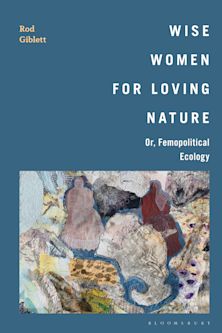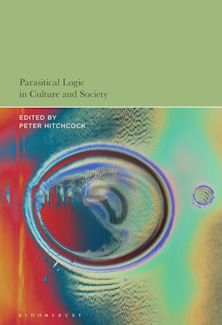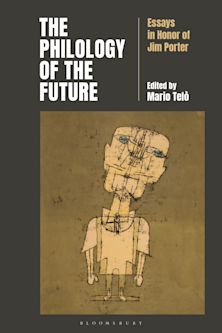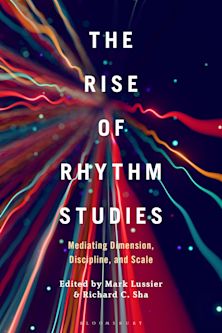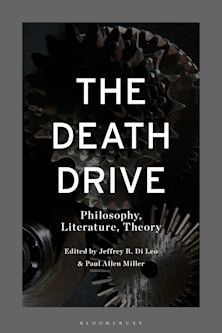- Home
- ACADEMIC
- Literary Studies
- Literary Theory
- Machado de Assis and Female Characterization
You must sign in to add this item to your wishlist. Please sign in or create an account
Description
This book examines the nature and function of the main female characters in the nine novels of Machado de Assis. The basic argument is that Machado had a particular interest in female characterization and that his fictional women became increasingly sophisticated and complex as he matured and developed as a writer and social commentator. This book argues that Machado developed, especially after 1880 (and what is usually considered the beginning of his “mature” period), a kind of anti-realistic, “new narrative,” one that presents itself as self-referential fictional artifice but one that also cultivates a keen social consciousness. The book also contends that Machado increasingly uses his female characterizations to convey this social consciousness and to show that the new Brazil that is emerging both before and after the establishment of the Brazilian Republic (1889) requires not only the emancipation of the black slaves but the emancipation of its women as well.
Table of Contents
Notes on Translations
Acknowledgments
Abbreviations
Chronology
One: Introduction
Two: Women as Characters in the Nineteenth-Century Brazilian Novel: The National Tradition Out of Which an Internationalized Machado de Assis Would Emerge
Three: The Early Novels of Machado de Assis: 1872-1878
Four: The Later Novels
Five: Conclusion
Bibliography
Index
About the Author
Product details
| Published | Nov 19 2014 |
|---|---|
| Format | Ebook (Epub & Mobi) |
| Edition | 1st |
| Extent | 248 |
| ISBN | 9781611486216 |
| Imprint | Bucknell University Press |
| Series | Bucknell Studies in Latin American Literature and Theory |
| Publisher | Bloomsbury Publishing |
About the contributors
Reviews
-
This is a groundbreaking study of female characterization in the nine novels of Joaquim Maria de Machado de Assis (1839–1908), Brazil’s most prominent writer. Machado (as he is called in Brazil) is known for his memorable and strong female characters (Lívia, Guiomar, Helena, Iaiá, Virgília, Sofia, Capitu, Flora e Fidélia). Fitz provides background in a chapter on women as characters in 19th-century Brazilian fiction preceding Machado. Viewing the development of female characterization in the five late novels through feminist and post-structuralist viewpoints, Fitz reevaluates the presence and purpose of Machadean heroines, who embody ambiguity in language and symbolic forms that destabilize the social system. Female characters present important alternative viewpoints on value systems and structures of governance, suggesting a necessary radical revision of societal relationships. Summing Up: Essential. Upper-division undergraduates through faculty.
Choice Reviews
-
With Machado de Assis and Female Characterization, Earl Fitz makes an important contribution to the bibliography on Machado de Assis currently available in English, especially when it comes to studies of his fiction that privilege the analysis of gender roles. Consistent studies of this kind are not abundant in Portuguese, and in English are virtually non-existent.... It is a book full of delicate, sophisticated, intertextually nuanced close readings, and it shows a novelist, if not committed to building a new place for women in society, at least very conscious, and critical, of the old one.
Luso-Brazilian Review














